Frederica Freyberg:
This time of year for a traditional meal to celebrate the bounty of Fall’s harvest, But today many urban areas are far removed from farm land. In Milwaukee urban farmer Will Allen has changed that. He is inventing efficient ways to feed thousands of inner city neighbors. Wisconsin Public Television’s Andy Soth and Joe Astrouski teamed up to bring you this story for Quest, a Public Radio and Television program that looks into the science of sustainability.
Will Allen:
There’s something I want to tell you guys that’s really important, is that Milwaukee is the greatest city in America.
If you guys didn’t know that.
Joe Astrouski:
That may get a laugh, but Milwaukee is attracting attention and visitors from near and far.
Woman:
I’m from Wyoming.
Woman:
Los Angeles, California.
Woman:
Homer, Alaska.
Man:
I’m coming from Europe, Eastern Europe. I’ve leaving Latvia.
Man:
Come on in.
Joe Astrouski:
They’ve come to learn about farming, urban farming, from Will Allen, a pioneer of the local food movement and a recipient of the McArthur Genius Award. It’s been a long, surprising journey for Allen.
Will Allen:
My parents both were involved in share cropping and we grew up on a small farm. And that’s how I learned a lot of the stuff that I’m passing on to others today.
Joe Astrouski:
Allen may have learned a lot, but he grew tired of farm chores.
Will Allen:
When I left the farm at 18, I said, never again will I do this hard work.
Joe Astrouski:
As a 6’6″ teenager, he thought basketball would be his ticket out of farm life.
Will Allen:
I don’t know how– If you all can reach up here and grab some. But if you can, we’ll let you take some home.
So when I went away to college, decided to go to University of Miami in Florida, where I was the first African-American athlete. I said that I would never go back to farming and I guess you should never say never.
Joe Astrouski:
After playing pro ball in Europe, Allen moved to his wife’s hometown of Milwaukee.
Will Allen:
Coming into the city and seeing mostly fast food places and corner stores, many of the grocery stores were pulling out of these neighborhoods. So it left a big void. We’re in a food desert here.
Joe Astrouski:
A food desert is defined by the USDA as an area without ready access to fresh, healthy and affordable food. Although, at one time Allen managed several neighborhood Kentucky Fried Chicken franchises, he saw that the neighborhood could use better food choices.
Will Allen:
I think a lot of people from the outside that don’t live in those communities would say, get rid of all the fast food stores. If you did that, what would happen? There would be thousands of people without jobs. I don’t spend a lot of my time degrading fast food places or industrial agriculture. What I want to do is give folks an opportunity for a choice.
If anybody wants to try a Nasturtium, just grab one and pop it in your mouth. They’re delicious.
Joe Astrouski:
So now Allen offers a healthier choice for the neighborhood at an operation called Growing Power. In 1993, he bought this collection of dilapidated greenhouses on the last property in Milwaukee zoned for agriculture.
Will Allen:
Let's keep going.
Joe Astrouski:
Located near one of Milwaukee’s largest housing projects, Allen’s small farm sells produce on site, delivers as weekly bag full of veggies to subscribers, holds farmers’ markets, and supplies stores and restaurants. Farming in an urban center is a very different operation from a large industrial farm.
Will Allen:
We have to be able to grow more food on less space. So what we’re doing here is demonstrating how you do it. That to me is the future.
Joe Astrouski:
A necessary future, according to Allen, if we’re to meet the needs after growing population.
Will Allen:
We’re going to have to grow more food for more people, figure that out, and this is one of the ways of doing it.
Joe Astrouski:
And the first step is the soil.
Will Allen:
Any farmer will tell you, any sustainable farmer, it’s all about the soil. All the soil you see everywhere, we grow from waste.
Joe Astrouski:
Food waste by the truckful, hauled from groceries and restaurants, with businesses happy to have it taken away. Even a corporate campus offers up its used coffee grounds to feed this enormous composting operation.
Will Allen:
As long as I have this stuff right here. That’s the key. This is the key to scaling up urban agriculture in America. Without compost, without high-quality compost, it’s not going to happen.
Joe Astrouski:
But not all the food that comes from Growing Power is raised in soil. Beneath these planters are tanks containing thousands of fish. They’re being cultivated in an integrated system Allen is helping to innovate called aquaponics.
Will Allen:
These characters in this greenhouse are studying aquaponics, I think, or are they just sitting around?
Boy:
Sitting around.
Will Allen:
One of the two.
Fred Binkowski:
Aquaponics is really a continuation of what was done years ago in the ’70s and beyond, which was referred to as hydroponics. So it’s growing plants in water.
Joe Astrouski:
But traditionally hydroponics has relied on chemical fertilizer to supply nutrients to the plants. That’s not needed in Growing Power's symbiotic system.
Fred Binkowski:
The fish, through the waste that they produce, that’s adding the nutrients.
Joe Astrouski:
In an aquaponics system fish are raised in a tank at the lowest level of a multi-tiered setup. Water is pumped from there to upper levels where it flows continuously, cycling back to the bottom. The fish waste becomes nitrogen for the plants. The plants expel oxygen needed by the fish.
Will Allen:
Fish is a great protein source, and the fact that you can grow a lot of fish on a small footprint. So that’s why this is so important.
Joe Astrouski:
Growing Power raises tilapia, a hearty, warm-water fish native to Africa with a mild taste. They also grow a regional favorite, yellow perch.
Fred Binkowski:
Yellow perch is the icon of the Friday night fish fry in all the Great Lakes cities. It has a great economic potential. It powers the whole idea behind trying to improve economics development in areas like the central city or the inner city.
Joe Astrouski:
Economic development, better nutrition, locally-sourced food grown efficiently in an urban center, that’s all part of Will Allen’s evolving formula for meeting the challenges of a sustainable future.
Will Allen:
In this tank right here we’re going to be putting eels. So if you come back– Oh, they got me! No. There’s no eels in there right now.
Joe Astrouski:
When these students return to learn more, it may be in this planned five-story greenhouse and classroom facility, the next phase of Growing Power.
Will Allen:
So if any of you want to make a contribution of $12 million, come and give me a check and I’ll put your name on every window and door, and whatever you want.
Man:
When — start?
Will Allen:
I don’t want a penny from you! You’ll give me a penny.
Frederica Freyberg:
The report you just saw is from our Quest collaborative reporting project. It focuses on sustainability and science from around the country, including stories from Wisconsin Public Radio and Wisconsin Public Television. To learn more, go to the Quest website at questscience.org.
Search Episodes
Related Stories from PBS Wisconsin's Blog

Donate to sign up. Activate and sign in to Passport. It's that easy to help PBS Wisconsin serve your community through media that educates, inspires, and entertains.
Make your membership gift today
Only for new users: Activate Passport using your code or email address
Already a member?
Look up my account
Need some help? Go to FAQ or visit PBS Passport Help
Need help accessing PBS Wisconsin anywhere?

Online Access | Platform & Device Access | Cable or Satellite Access | Over-The-Air Access
Visit Access Guide
Need help accessing PBS Wisconsin anywhere?

Visit Our
Live TV Access Guide
Online AccessPlatform & Device Access
Cable or Satellite Access
Over-The-Air Access
Visit Access Guide
 Passport
Passport







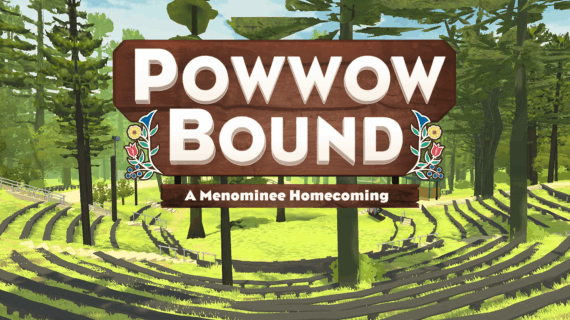

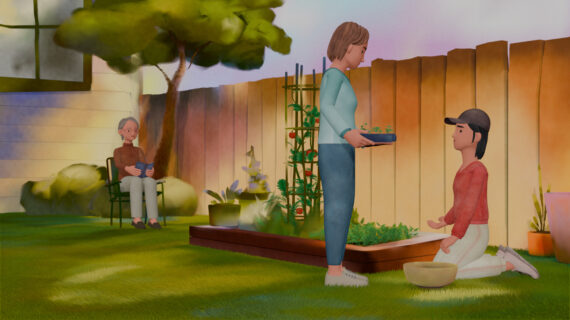
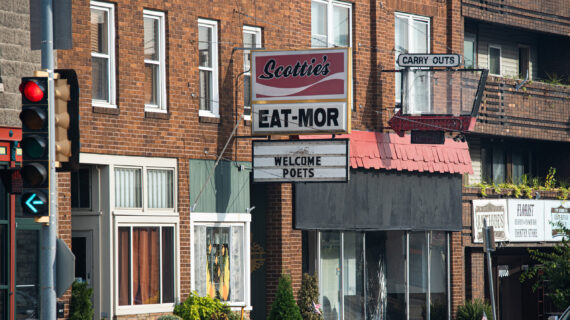
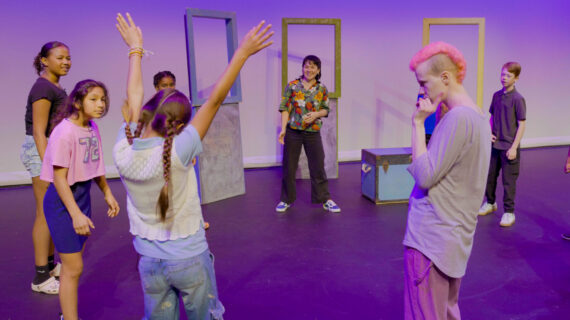
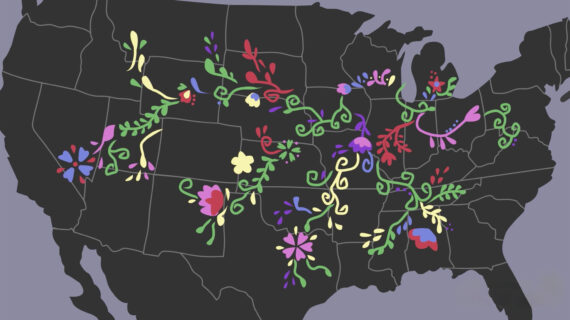
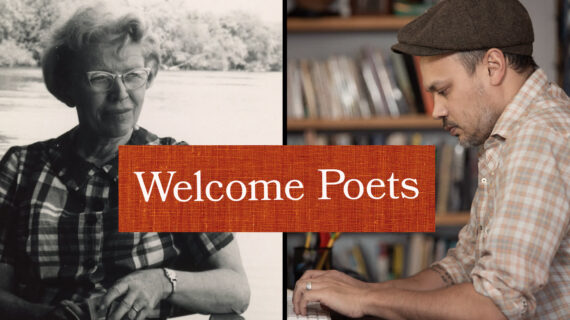
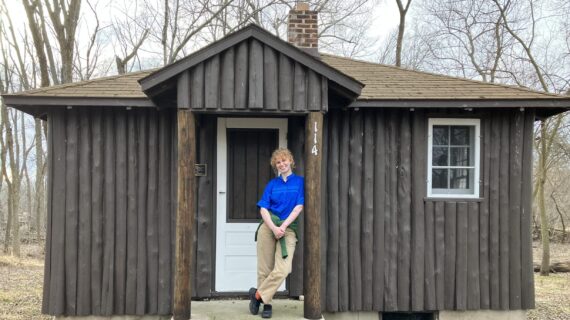
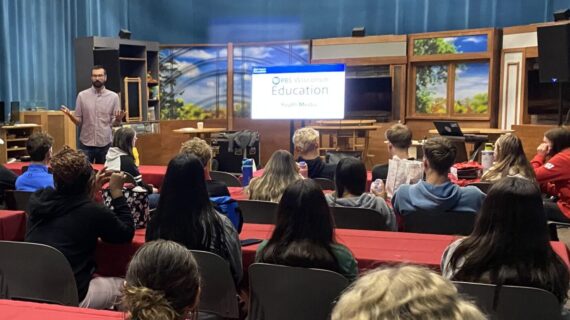

Follow Us